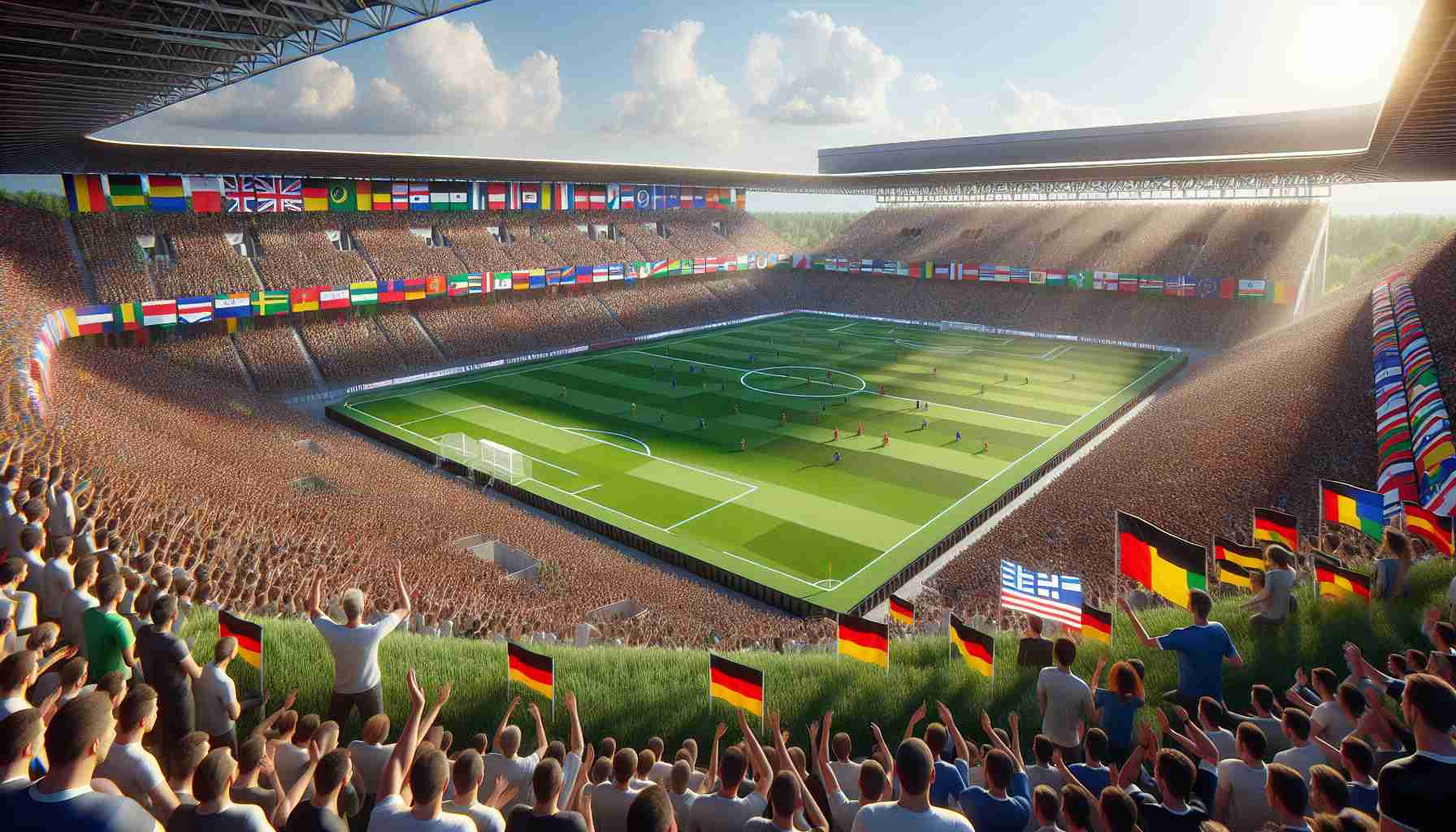Controversy Surrounds the Unify League
The promoters of the European Super League are back in the spotlight. They have approached UEFA and FIFA seeking official recognition for their newly proposed competition, named the Unify League.
This initiative follows the earlier failed attempt to launch the Super League in April 2021, involving twelve prominent clubs, including the famed “Big Six” from the Premier League. The original plan faced fierce backlash from fans and governing bodies, leading to its rapid disintegration.
A22, the organization behind the league, believes that UEFA misused its authority to prevent the Super League’s establishment. After seeking legal recourse, the European Court of Justice (ECJ) ruled in their favor last December, declaring UEFA’s earlier authorization processes to be inconsistent with EU law. The court emphasized that new competition rules must be clear, fair, and equitable.
Despite the ECJ’s ruling, many Premier League teams have distanced themselves from the Super League concept. However, A22’s CEO, Bernd Reichart, revealed in April that discussions with top English clubs have been ongoing following the court’s decision.
Recently, A22 announced a significant change to the league’s qualification criteria, stating it would now rely on clubs’ performances in their domestic leagues. As this situation evolves, UEFA has yet to respond to the latest developments from the Unify League promoters.
The Unify League: A Game-Changer for European Football?
The recent resurgence of the Unify League proposal has ignited discussions once again within the football community. Following its controversial roots linked to the European Super League, the Unify League aims to redefine competitive structures in European football. Here, we explore essential aspects surrounding this initiative, including its implications, features, and the broader context of football governance.
Features of the Unify League
1. Performance-Based Qualification: A notable shift in the Unify League’s approach is the announcement that clubs will qualify based on their performances in domestic leagues. This change is designed to address concerns regarding fairness and meritocracy, potentially providing a pathway for clubs from smaller leagues to compete at a higher level.
2. Inclusivity Measures: The Unify League proposes to implement mechanisms that could involve a broader range of clubs across Europe, rather than it being exclusively dominated by elite teams. This could facilitate diversity in competition and engage a wider fan base.
3. Match Scheduling: A22 is expected to introduce innovative scheduling practices that align with the interests of clubs, players, and fans, potentially including flexible match times and dates to enhance viewership and attendance.
Pros and Cons
Pros:
– Increased financial stability for participating clubs, which could lead to enhanced competitiveness.
– Opportunities for underrepresented clubs to participate in high-stakes matches against elite teams.
– A platform for fan engagement through new initiatives and potential revenue-sharing models.
Cons:
– Concerns over the erosion of traditional league importance if top clubs prioritize the Unify League over domestic competitions.
– Backlash from fans and smaller clubs who fear further monopolization of football by a few wealthy institutions.
– Regulatory challenges from UEFA and FIFA, which could lead to legal battles and instability.
Security Aspects and Regulatory Challenges
As part of their agenda, A22 has voiced concerns over the governance of football in Europe and the perceived monopolistic practices of UEFA. The protection of clubs’ rights and the establishment of fair competition standards are at the forefront of their mission. However, the potential for ongoing legal conflicts remains, especially given the ECJ’s previous rulings and UEFA’s likely attempted interventions.
Market Analysis and Predictions
The football market is witnessing significant shifts due to changing consumer preferences and the financial impact of global events. As clubs and leagues adapt, the Unify League could represent a larger trend towards the globalization of sports and the need for innovative formats that capture the interest of fans worldwide.
Innovations in Football Governance
The Unify League may drive innovations intended to modernize football governance, likely advocating for transparency, fairness, and equitable distribution of revenues. Such changes could influence how clubs operate and engage with their communities, creating a more sustainable model for the future.
Conclusion
While the Unify League is still in the developmental stages, the implications of this initiative could reshape the landscape of European football. As discussions unfold, it will be crucial for clubs, fans, and governing bodies to engage collaboratively to ensure the future of the sport remains bright and inclusive. For updates and deeper insights into the evolving world of football, visit Football.org.
